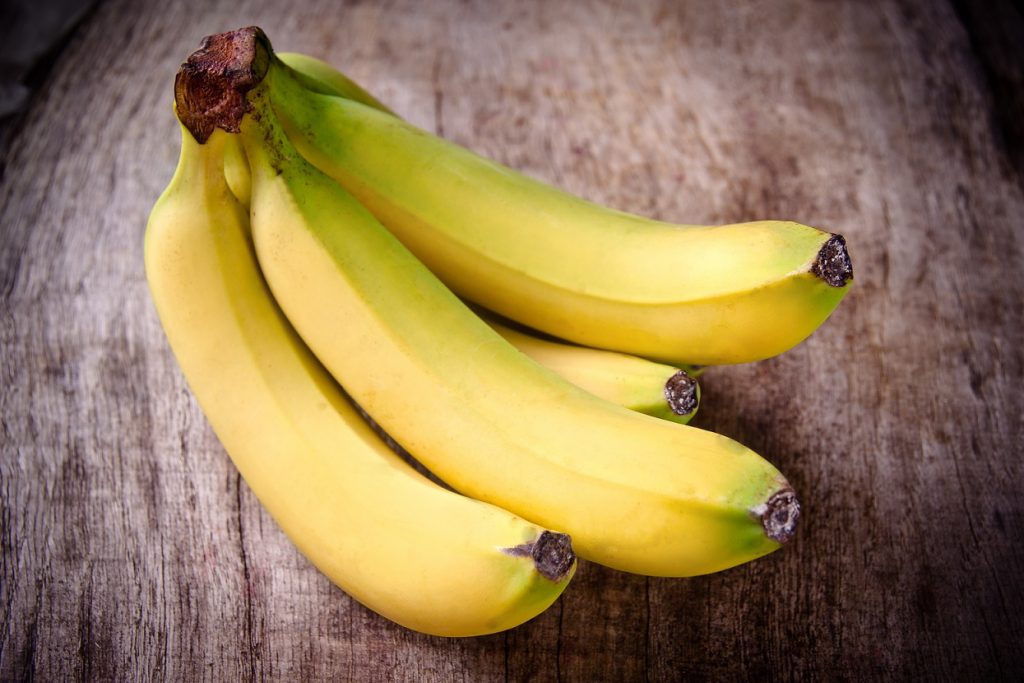Campaign launched to tackle banana fungus strain

The Food and Agriculture Organizations of the United Nations (FAO) is spearheading an international drive against Fusarium wilt strain Tropical Race 4 (TR4, a disease that jeopardizes the world’s most traded fruit. 
The FAO joins forces with the International Institute of Tropical Agriculture and the World Banana Forum to launch the program requiring US$98 million to contain and manage the strain.
The insidious disease can last for years in soils and can hitchhike to new fields and destinations through a number of means such as infected planting materials, water, shoes, farm tools and vehicles.
In addition, the fungus poses major risks to the world's banana production and could cause vast commercial losses and even greater damage to the livelihoods of the 400 million people who rely on the fruit as a staple food or source of income.
"This is a major threat to banana production in several regions of the world. We need to move quickly to prevent its further spread from where it is right now and to support already affected countries in their efforts to cope with the disease,” said Hans Dreyer, Director of FAO's Plant Production and Protection Division.
“The long-term resilience of banana production systems can only be improved through continuous monitoring, robust containment strategies, strengthening national capacities and enhancing international collaboration to deploy integrated disease management approaches.”
First detected in Southeast Asia in the 1990s, Fusarium wilt TR4 has now been identified at 19 sites in 10 countries, including the Near East, South Asia and Mozambique in sub-Saharan Africa.
The programme will initially target 67 countries in a bid to prevent its spread and management.
The FAO adds that without a coordinated intervention, scientists estimate that the disease could affect up to 1.6 million hectares of current banana lands by 2040, representing one-sixth of current global production with an estimated annual value of US$10 billion (£7.6 billion). The programme aims to reduce the potentially affected area by up to 60 percent.
"There is also an important knowledge gap regarding the biology and management of the fungus and we aim to address these through this collaborative initiative, also promoting the introduction of more biodiversity and improved agronomic practices into banana production systems," Bioversity International director general Ann Tutwiler said.
"The disease is also an important concern for the industry and the trade of this popular fruit," added Pascal Liu, coordinator of the World Banana Forum.
The five-year programme is designed to build on existing initiatives tackling the disease and focuses on strengthening local technical capacities and supporting the development of science-based technologies and tools through research on biology and epidemiology of the fungus, its detection, surveillance, rapid containment actions, soil health and the development of resistant cultivars.
Photo: www.shutterstock.com







































